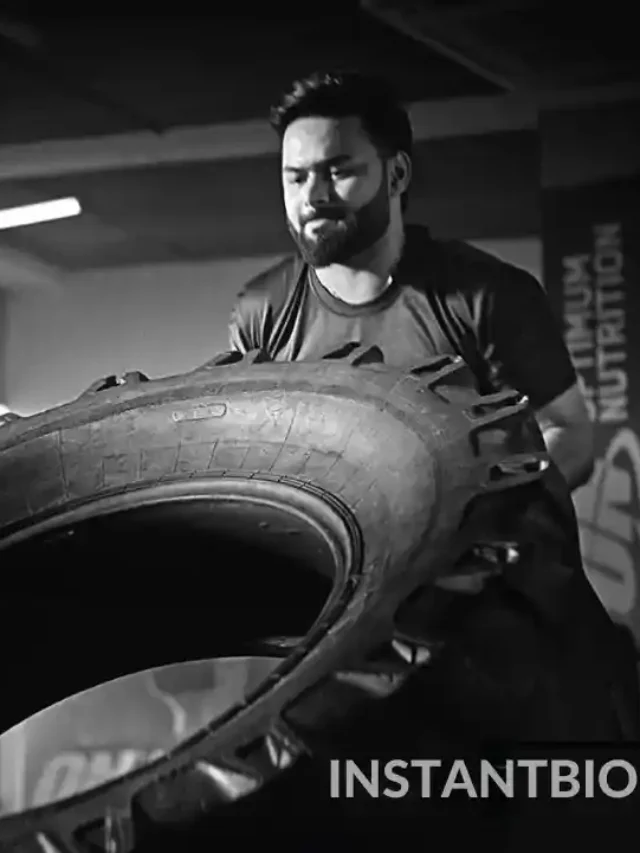Construction sites are hazardous environments. Despite strict safety regulations and protocols, accidents can still happen at these sites. If you find yourself injured on a construction site as a result of an accident, it’s important to take the right steps to protect your health, rights, and future.
This is what we are going to explain in this blog. Below in this guide, we will walk through some of the essential actions you need to take if you are injured in a construction accident. These actions will ensure that you get the required medical, emotional, and legal help you need to recover from losses.
Keep reading to find out useful insights!
1. Seek Immediate Medical Attention
Your health and safety should be your top priority. If you are injured, seek medical attention immediately, even if you think your injury is minor. Some injuries may not be immediately apparent but can worsen over time if left untreated.
Prompt medical evaluation not only ensures you receive the necessary care but also documents your injuries, which can be important for any future claims.
Even if you feel capable of continuing work after the accident, don’t ignore the potential for hidden injuries. Internal injuries, concussions, and soft tissue damage might not be evident right away but can lead to significant long-term health issues if untreated.
2. Report the Accident
Notify your supervisor or site manager about the accident as soon as possible. Most workplaces have protocols for reporting accidents, and it’s important to follow them to ensure the incident is officially recorded. This documentation can be crucial for insurance and legal purposes.
Make sure to provide a detailed account of what happened, including the time, place, and any witnesses. Delays in reporting the accident can complicate your case. Even if your injuries seem minor, failure to report the incident promptly can lead to questions about the legitimacy of your claim.
3. Document Everything
Thoroughly document the scene of the accident and your injuries. Take photographs and videos of the location, equipment involved, and any visible injuries. Collect contact information from any witnesses who saw the accident occur.
If possible, keep a detailed record of your injuries, symptoms, and any medical treatments you receive. This evidence can be invaluable if you need to pursue a legal claim or workers’ compensation.
Detailed documentation can make a significant difference in your ability to prove your case. Photos and videos provide visual evidence that can corroborate your account of the accident, while witness statements can support your version of events.
4. Preserve Evidence
In addition to documenting the accident scene, preserve any physical evidence related to the incident. This could include damaged equipment, faulty machinery, or personal protective gear that failed. Do not alter or repair any of these items before they have been examined by an expert, as they may play a critical role in determining the cause of the accident.
Physical evidence can be the best type of evidence in proving negligence or equipment malfunction. Ensure that any broken tools or defective safety gear are stored in a secure location and not tampered with. Consider taking multiple photographs from various angles to capture all details.
If the equipment involved is large or immovable, ensure it is left untouched until it can be professionally inspected.
5. Avoid Making Statements
Be cautious about making statements regarding the accident, especially to insurance adjusters or the employer’s representatives. Anything you say can be used against you in the claims process. Stick to the facts when discussing the incident and avoid speculation or admitting fault.
It’s natural to want to discuss the accident, especially if you are in shock or pain. However, casual comments can be misconstrued and potentially damage your case. For instance, saying something like “I didn’t see the ladder” can be interpreted as an admission of negligence.
When communicating with your employer or their representatives, provide only necessary factual information and avoid discussing fault or responsibility until you have consulted with a legal professional.
6. File a Workers’ Compensation Claim
Most construction workers are covered by workers’ compensation, which provides benefits for medical expenses and lost wages. File a claim as soon as possible to ensure you receive the benefits you are entitled to. Your employer should provide you with the necessary forms and instructions.
If you encounter any issues, consider consulting an attorney who specializes in workers’ compensation. Your best choice can be lawyers like Tad Thomas, nationwide personal injury lawyer, who can provide you with the required emotional and legal support for navigating the aftermath of injury and getting the compensation you deserve.
7. Understand Your Rights
Educate yourself about your rights as an injured worker. Depending on the circumstances of your accident, you may be entitled to more than just workers’ compensation. In some cases, third-party lawsuits against equipment manufacturers, subcontractors, or property owners may be appropriate.
Understanding your rights can help you make informed decisions about your case.
Knowing your rights includes understanding the full extent of benefits you may be entitled to, such as compensation for medical expenses, lost wages, and permanent disability. Additionally, in cases of gross negligence or defective equipment, you might be able to pursue additional compensation through a personal injury lawsuit.
8. Keep Track of Your Expenses
Accidents can lead to significant financial burdens. Keep detailed records of all expenses related to your injury, including medical bills, rehabilitation costs, travel expenses for medical appointments, and any modifications needed for your home or vehicle. These records will be essential when calculating your compensation claim.
Accurate record-keeping allows you to present a clear picture of the financial impact of your injury. This includes direct medical costs and indirect expenses such as lost income, transportation to medical appointments, and any additional costs incurred due to your inability to work.
Keeping receipts, bills, and a detailed log of expenses helps ensure you receive fair compensation to cover all your accident-related costs, be it medical expenses, lost wages, or any other relevant costs.












